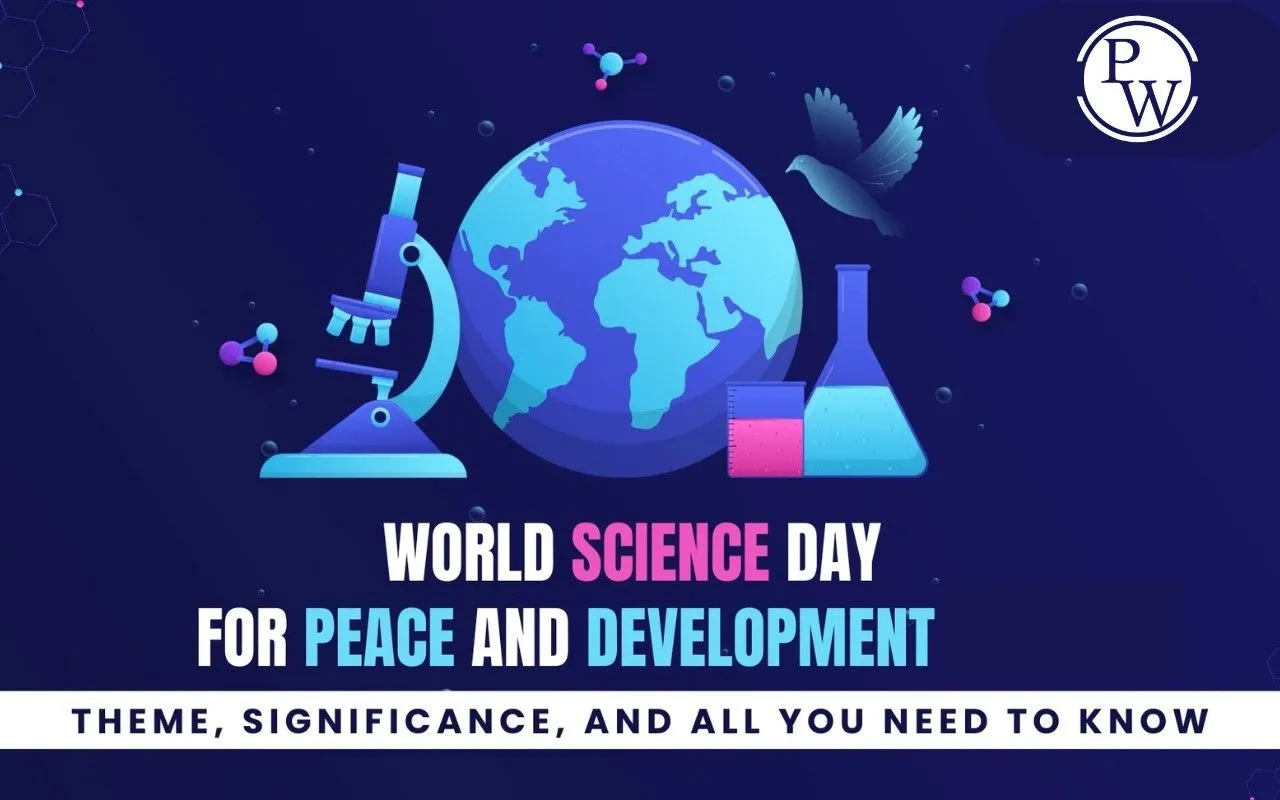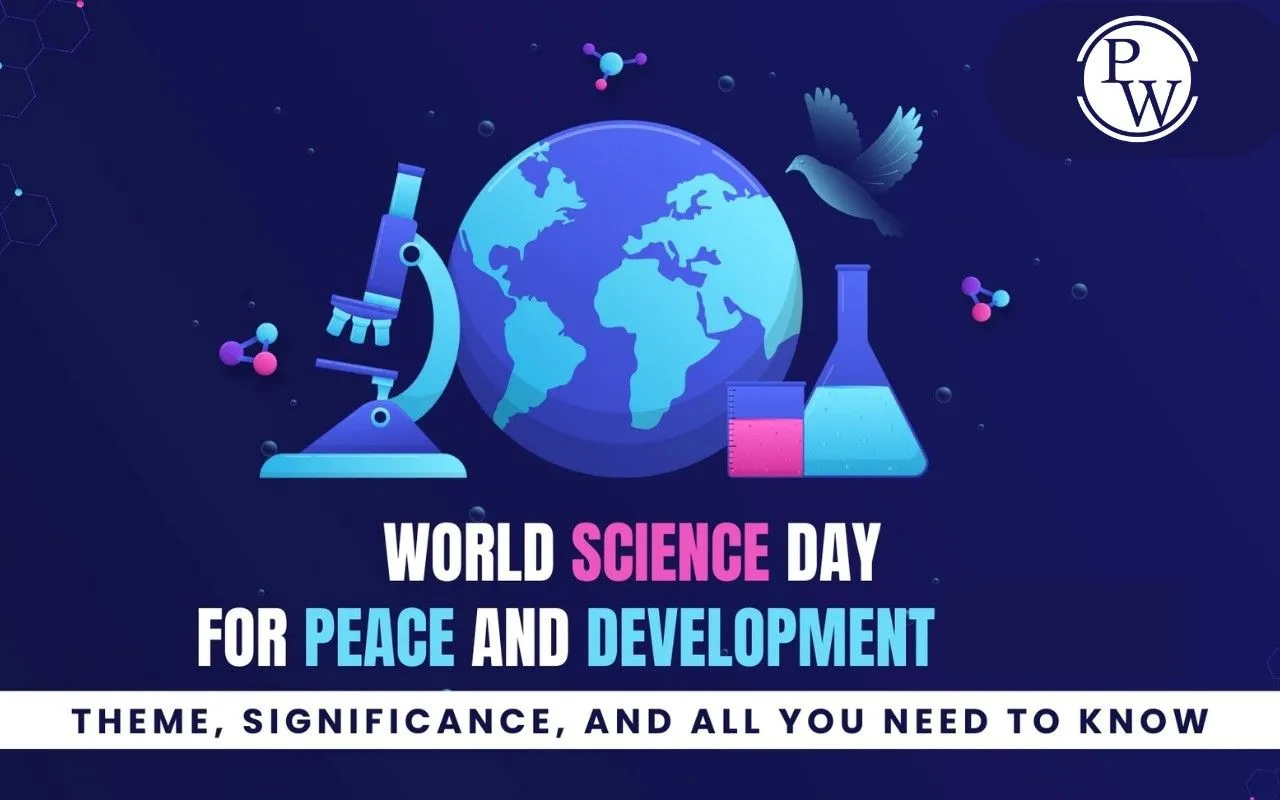

The World Science Day for Peace and Development is held on 10 November each year to bring out the importance of science in society. The day, which was founded by UNESCO in the year 2001 following the World Conference on Science held in 1999, is aimed at engaging people in scientific matters and also to showcase the role of science in achieving peace, sustainable development and human wellbeing.
Every year has a theme that prompts curiosity, learning and collaboration to work out challenges in the world. The day is meant to bring about a connection between science and society, build confidence in science and view a way to be more peaceful and sustainable.
It is a great experience as a student to have the chance to Unleash Your Inner Scientist and find out how curiosity and discovery can find solutions to the problems of the real world.
Importance Of World Science Day To Students.
World Science Day is meant to take science to society and make people understand the relevance of science in everyday life and how science is relevant to global issues such as climate change, health emergencies, as well as the management of resources. To students, it is a reminder that not all of science is about labs and experiments, but it is about asking questions, being critical and seeking new ways to make the world a peaceful and sustainable place.
The 2025 theme, which is Unleash Your Inner Scientist, is meant to motivate students to engage more actively in science by being creative and learning by doing. Such individual engagement contributes to creating a more profound insight into the contribution of science to peace and development.
Contribution Of Science To Peace And Development Building
Scientific solutions are effective in addressing most of the issues that bring conflict and suffering. Scientific research aids the mitigation of problems that are the causes of most problems that can culminate in war or unrest by eliminating environmental threats, outbreaks, and scarcity. World Science Day makes us remember that science enhances collaboration between countries and societies.
It fosters unity by facilitating collective scientific development, which is a major building block of peaceful communities and sustainable histories for all. Students participating in science also help to make this contribution to the world, and they study how their research can be useful to humanity.
Ways Students Can Celebrate World Science Day
Observing World Science Day gives the students an opportunity to learn more about science. Common interactive activities organised in schools or communities often focus on themes of peace and development, which could include experimentation, science fairs, discussion, or workshops. They can post their projects and ask questions and learn how science constructs the world.
This feast motivates cooperation and inquisitiveness, asking all people to be imaginative in finding the solution to the present and future issues. The engagement in such activities will make the students feel associated with the greater purpose of science to benefit all.
The Future of Science and Youth’s Role
The field of science is a collaborative process that is not limited by the laboratory walls. This is reflected in the 2025 theme of the World Science Day, which promotes scientific exploration as an ongoing adventure to all, particularly students, which can result in transformation and a better future.
Establishing trust in science and overcoming false information is also an essential target that can be achieved through education and raising awareness among the youth. Students are the key to future innovations and peace-building with their new ideas, creativity, and adherence to the scientific mode of thinking.
